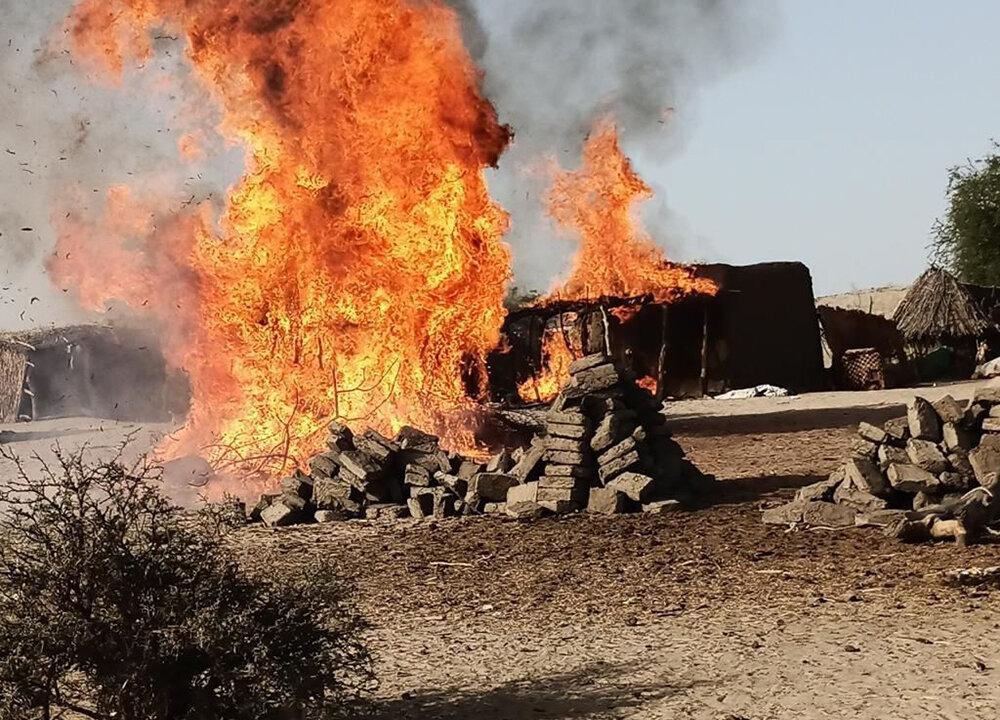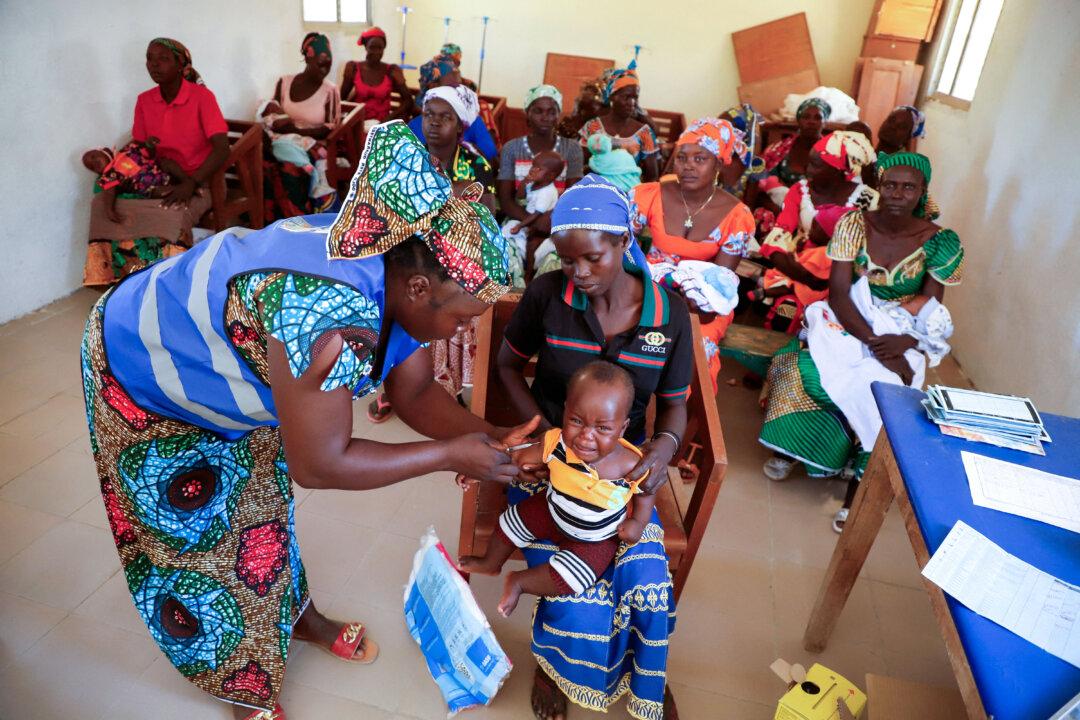At least 800 Boko Haram terrorists and those of rival ISIS of West Africa Province (ISWAP) are believed to have been killed in ongoing coordinated land and air offensives by a multinational military task force.
Sophisticated weapons and equipment belonging to the insurgents—including AK-47 rifles, gun trucks, ammunition, canoes, improvised explosive devices, and cell phones—have also been destroyed during the so-called “Operation Lake Sanity” launched in March 2022, in the Lake Chad region.





